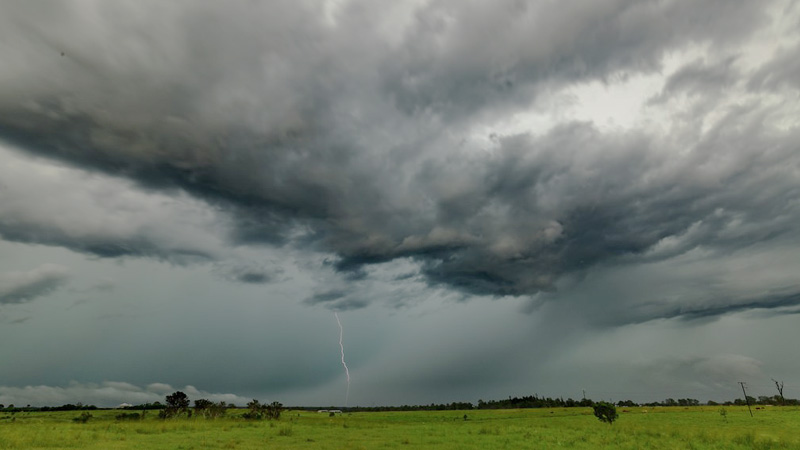Facing the facts about climate change
MEDIA RELEASE:
What a difference a year makes, the National Party’s environment spokesperson, Scott Simpson, told the EDS Climate Change and Business Conference yesterday.
It was a theme picked up by lots of other people at the conference. This time last year, the conference was held against the background of negotiations to form a new government.
People attending that conference passed a resolution calling on whatever government was formed to set up a climate change commission system along the lines of that operating in the United Kingdom. A year on, the Labour-Green-New Zealand First Government is in negotiations to set up a commission.
Neither Simpson nor the new climate minister, James Shaw (who appeared on the same panel) were giving away any details, but both talked positively about the fact they were talking.“We are approaching this (cross-party talks) in good faith,” Shaw said. “This is bigger than politics and that’s how we are treating it. I don’t know if we are going to make it, but I have a great deal more hope than I have ever had at any point in our history on climate change.”
But underlying all the good news was the International Panel on Climate Change’s 1.5deg report, released on Monday.
The hard facts of that report – that the impacts of climate change are much worse at 2deg of warming that at 1.5deg, and that keeping warming to 1.5deg will require changes to energy, infrastructure, land, urban and industrial systems on an unprecedented scale – featured repeatedly through the day.
The duties of business in the face of this information were spelt out clearly, with Bell Gully partner Simon Watt telling directors that they need to take this report as seriously as they now take health & safety, and Minter Ellison Australia special counsel Sarah Barker saying that minimising climate exposure is now a fiduciary responsibility for directors.
Actions being taken by businesses in New Zealand were on show. Sustainable Business Council chief Abbie Reynolds explained how, with the help of a good dinner, she and Z Energy boss Mike Bennetts persuaded other chief executives to publicly commit to emissions reductions through the Climate Leaders Coalition – a development which Shaw had earlier said was one of the things that was giving him hope.
Contact Energy chief executive James Kilty said that his company had managed to cut its emissions by a million tonnes and Fonterra boss Rob Spurway talked about the dairy co-operative’s plans for next-zero-carbon growth and to phase out coal.
Council of Trade Unions vice-president Rachel Mackintosh, meanwhile, said that workers need to be at the table as the country de-carbonises in order to ensure a “just” transition and Waikato Tainui chief executive Donna Flavell said the needs of Māori, who were among those most vulnerable to the impacts of climate change, must be considered.
The conference continues today, with discussions on the Emissions Trading Scheme, divestment and the future of agriculture in a low-carbon world, and speeches by Prime Minister Jacinda Ardern and environment minister David Parker.







